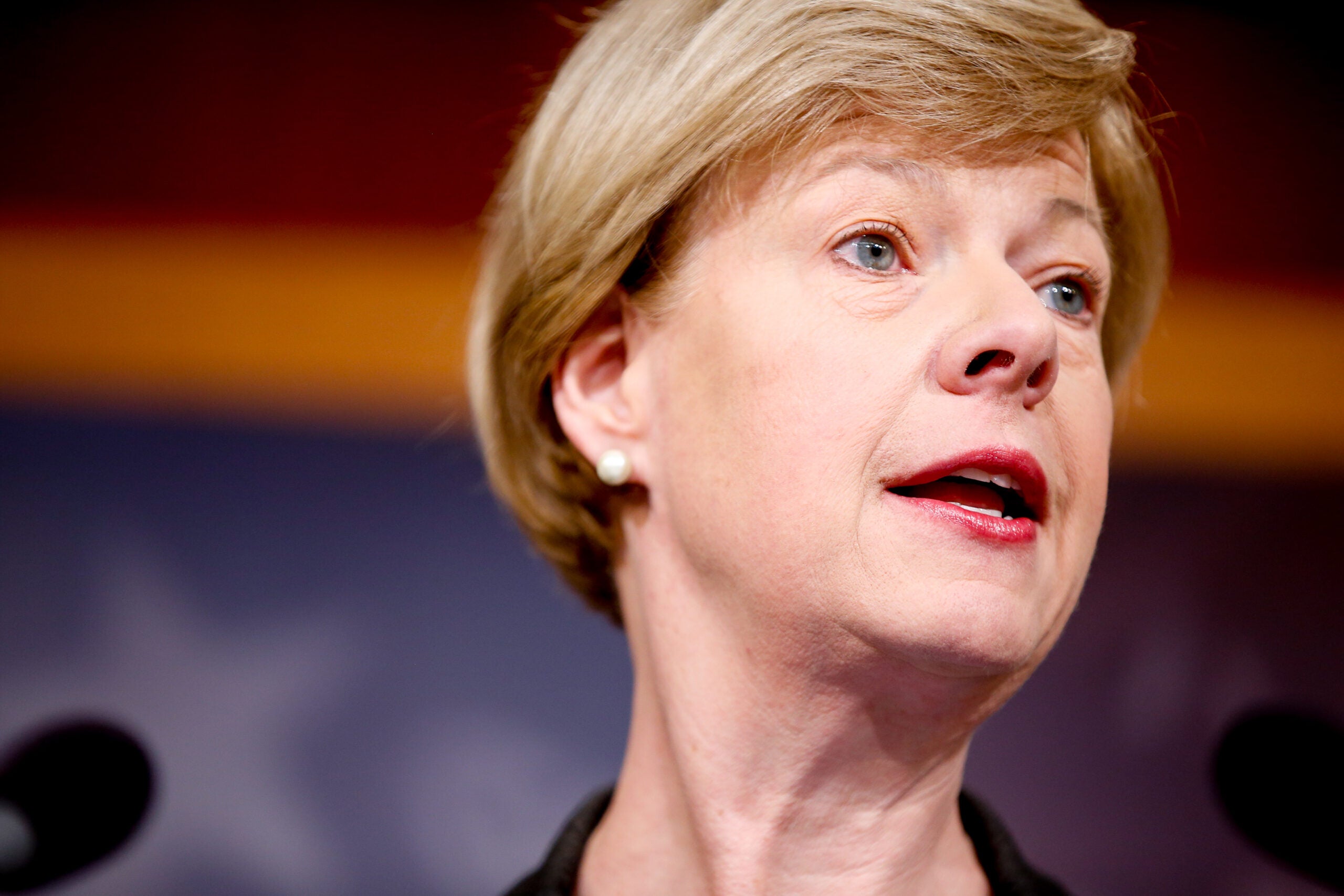College affordability is getting lots of lip service at the state and federal level — though it’s not clear that such talk will translate into action, given partisan divisions on the issue.
On Thursday, Democrats touted a package of bills they say would reduce student debt, including one affordability bill that U.S. Sen. Tammy Baldwin introduced this summer. The proposal would support President Barack Obama’s call for free community college. It would provide a federal match of $3 for every dollar invested by the state to waive tuition and fees before other financial aid is applied.
“We have some examples of states that are trying this,” said Baldwin. “Tennessee, not exactly a blue state, is doing this. The state of Oregon is beginning to do this.”
Stay informed on the latest news
Sign up for WPR’s email newsletter.
Democrats speaking at a press conference webcast from Washington, D.C. called on Republicans to support their plan or come up with their own. Wisconsin Republican Sen. Ron Johnson did not respond to a media request.
The cost of higher education has also been an issue in state politics. In the State of the State address Tuesday evening, Gov. Scott Walker touted proposals he’d announced earlier this month to eliminate taxes on college loan interest, increase some grants for technical colleges, and expand an emergency grant program for students at technical colleges and two-year University of Wisconsin Colleges.
State Democrats like Sen. Dave Hansen and Rep. Corey Mason say that’s not good enough. They’ve authored a bill that would create a state authority to buy federal and private loans and refinance them for students at lower rate.
Massachusetts U.S. Sen. Elizabeth Warren also has a bill to refinance college loans. That bill, along with Baldwin’s, are part of what Democrats are promoting as the Reducing Educational Debt Act.
According to the Institute for College Access & Success, the average debt of students in Wisconsin going to four-year institutions is more than $28,000.
Wisconsin Public Radio, © Copyright 2024, Board of Regents of the University of Wisconsin System and Wisconsin Educational Communications Board.






